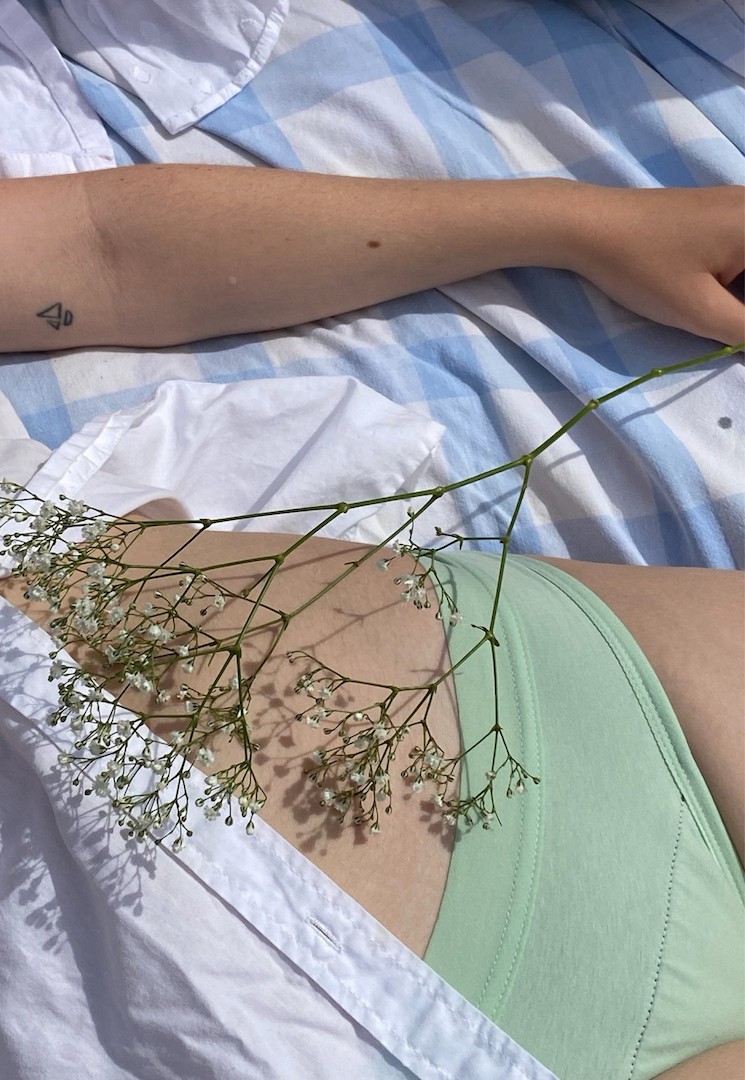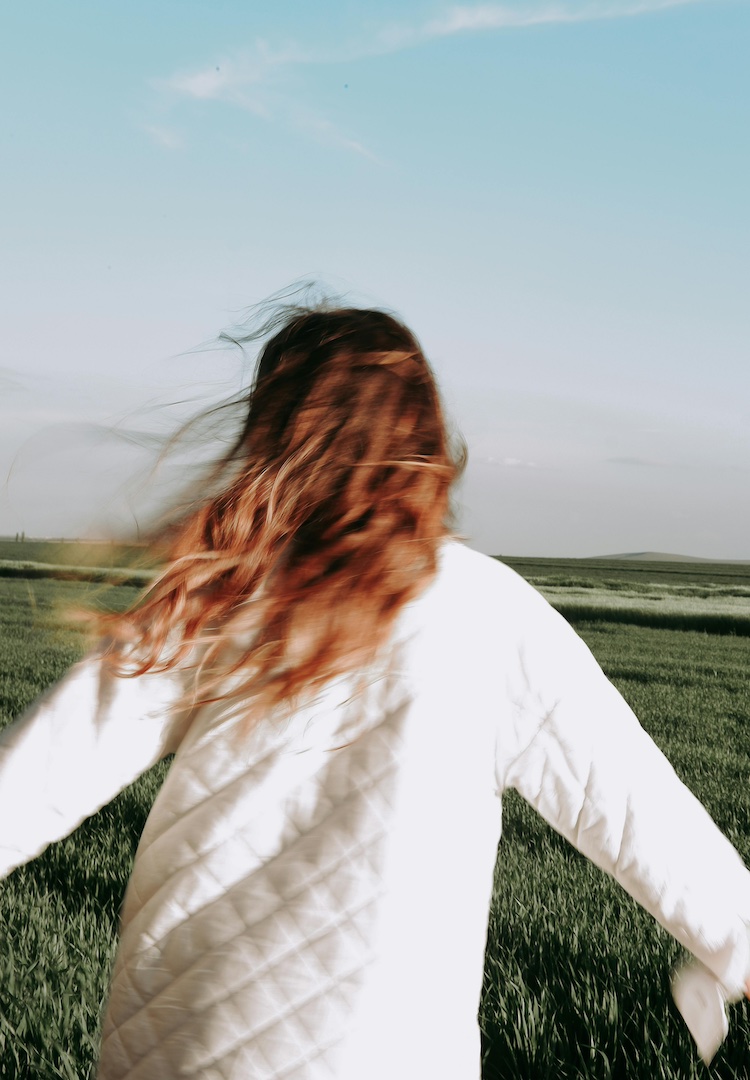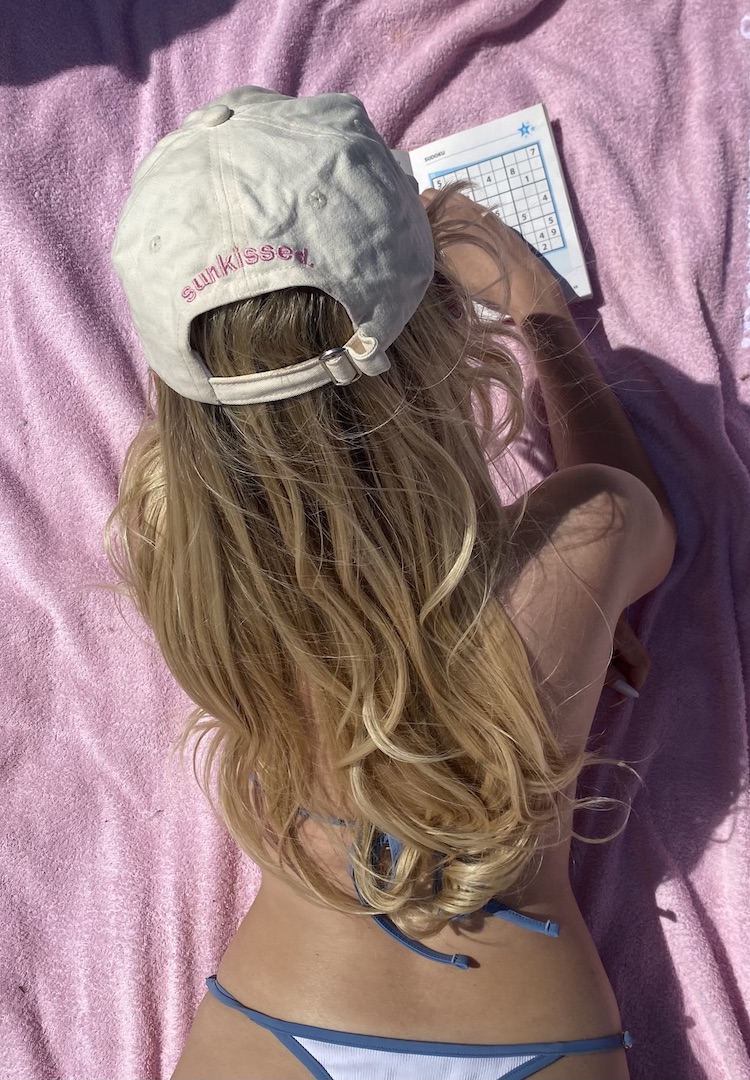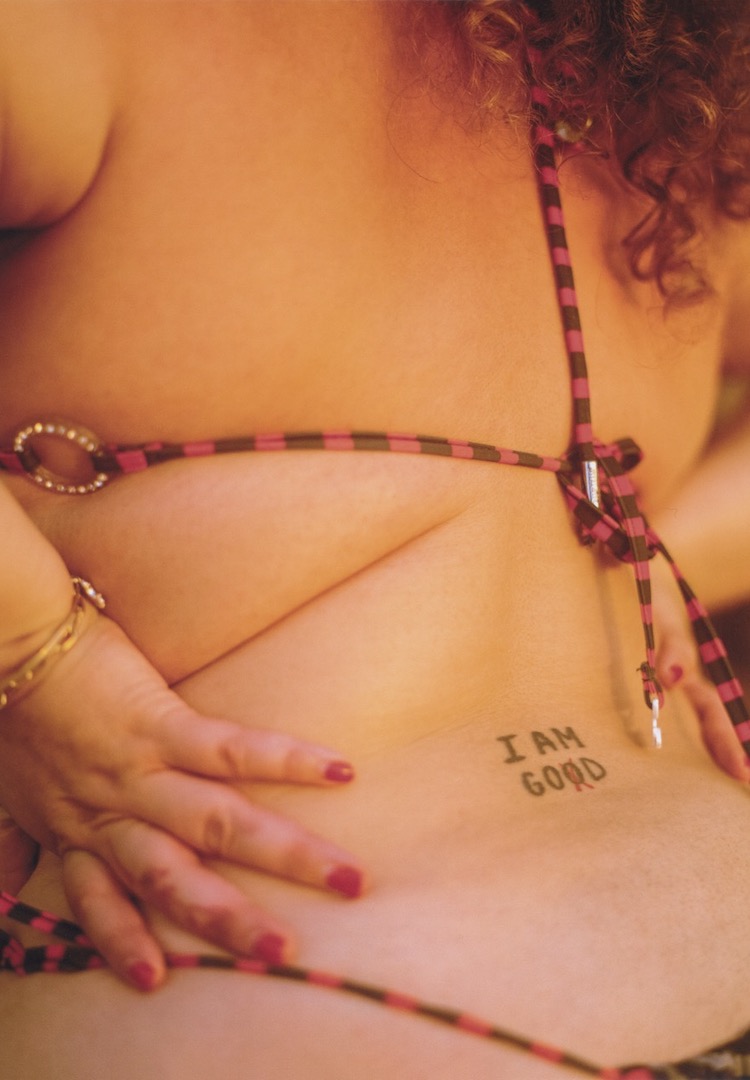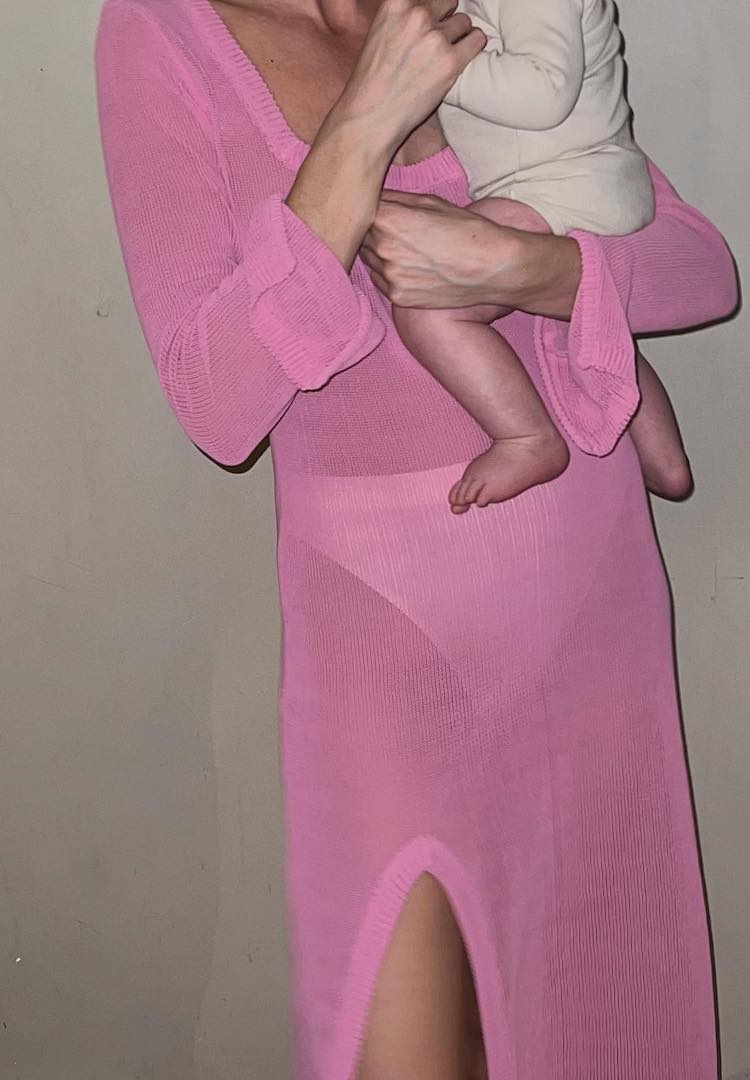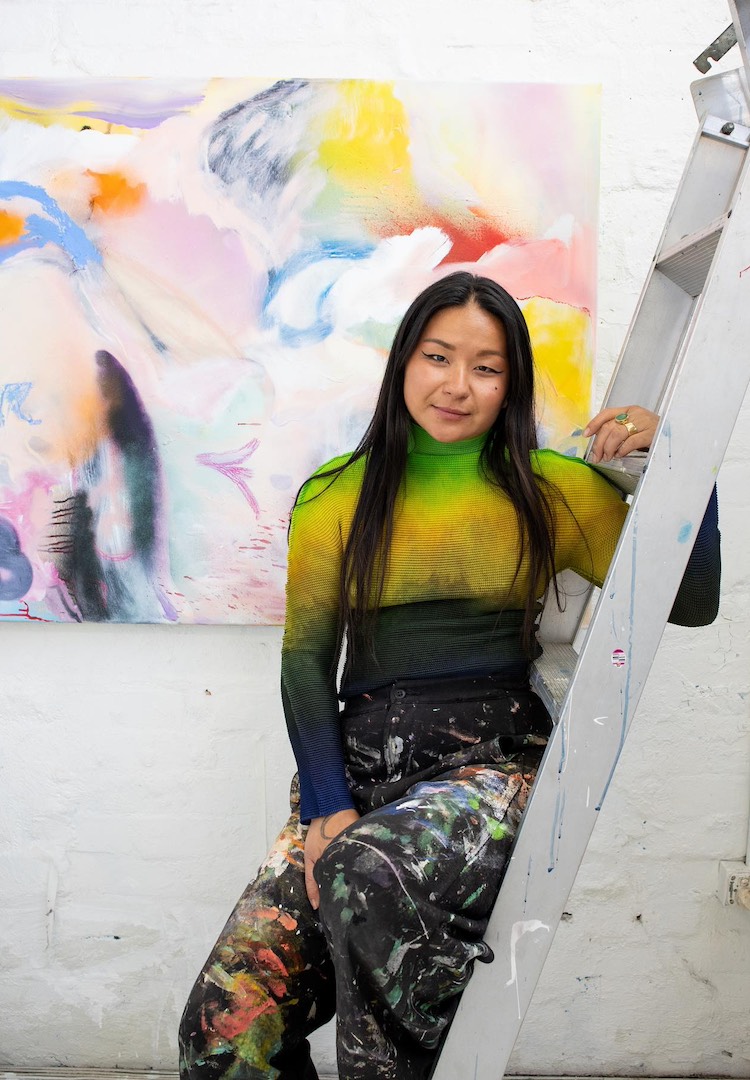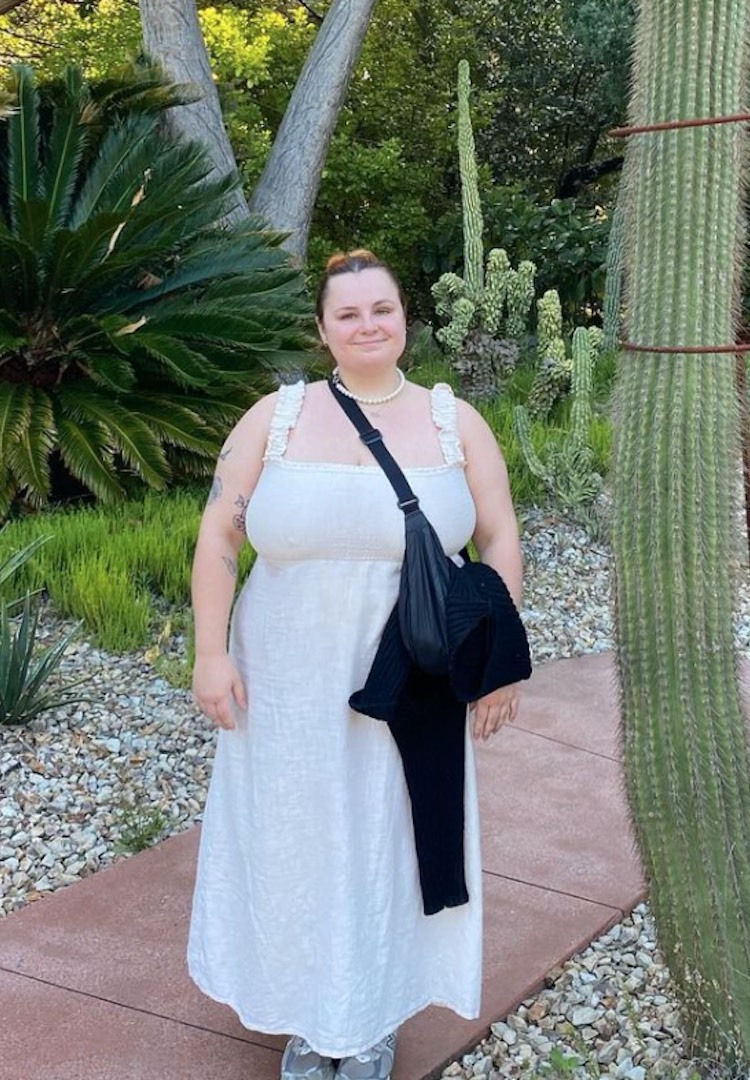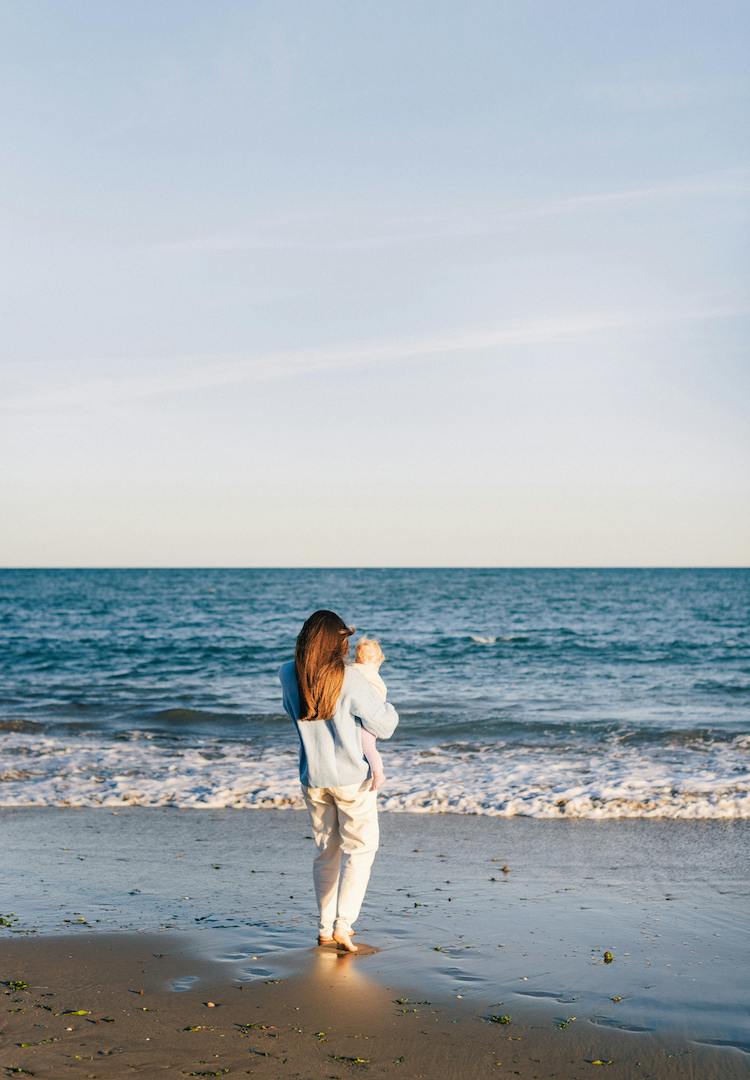At five years old, I was diagnosed with ovarian cancer
WORDS BY Jemima Leydon
“I, too, experienced vague symptoms but due to my young age, they couldn’t be passed off as being related to menstruation or menopause.”
“The doctors are going to put you to sleep so that they can fix your tummy and help you feel better,” I remember my mum telling me. I was five years old and about to have emergency surgery for ovarian cancer.
I had been complaining of a sore stomach for a week when one night at dinner, my mum reached across to me and felt an unusual lump on my stomach. On the advice of our neighbour, who was a GP at the time, I had scans done the next afternoon. The following day I was rushed into emergency surgery to remove my right ovary and was subsequently diagnosed with ovarian cancer.
For more perspectives on wellness, head on over to our Health section.
In 72 hours, my family’s life had drastically changed forever. My parents went from thinking their daughter had a simple stomach bug to trying to comprehend she had a lethal reproductive cancer and facing decisions about her future fertility.
Cancer shaped my early childhood memories. What followed were multiple surgeries and four rounds of chemotherapy. While my friends were at school, I was in hospital or isolated at home, vulnerable with a severely weakened immune system. Now, as a young adult, I’m constantly aware of how fortunate I was to survive – too many women are not as lucky.
Partly why ovarian cancer is so dangerous is because of the lack of early detection tests available. It’s also partly because ovarian cancer is known for presenting vague symptoms, such as abdominal bloating and pain, backaches, abnormal vaginal bleeding and changes in bowel patterns. Because of this, many women are diagnosed in the advanced stages of the disease where the five-year relative survival rate post-diagnosis is just 29 per cent.
In some ways, I feel fortunate to have been so young when I received my diagnosis. I, too, experienced vague symptoms but due to my young age, they couldn’t be passed off as being related to menstruation or menopause. In a society in which women’s pain is frequently normalised and expected to be endured, it’s so important to trust your instinct and if something doesn’t feel right, speak to a doctor about it.
My family knew nothing about ovarian cancer before my diagnosis. In the 18 years since, treatment methods for ovarian cancer have barely changed. This is not from a lack of skill of researchers but rather, from a lack of funding. The Ovarian Cancer Research Foundation (OCRF) is determined to change this, through a strong focus on early detection and personalised treatment.
My introduction to the OCRF was through the 10th anniversary Witchery White Shirt Campaign in 2018, an initiative that gives 100 per cent of the gross proceeds from every Witchery white shirt sold to OCRF to fund ovarian cancer research.
Through this experience, I met three other women also affected by ovarian cancer, Letitia Linke, Helen Powell and Leane Flynn. These three women were generous, warm and funny, exuding a love of life and strong love for their family and friends. To 16-year-old me, they were and still are inspirational. Six years later, I’m the only one in our group still alive. This is heartbreaking and feels unbelievably unfair.
Inspired by the incredible work of the strong women I have met through the OCRF I’ve been taking part in their Frocktober initiative for the past six years.
Frocktober is a month-long initiative encouraging Australians of all walks of life to ‘frock up’ to ‘frock ovarian cancer’ through fun community activities and social media challenges. Since its establishment, Frocktober has raised over six million dollars for life-saving ovarian cancer research. This is key to improving outcomes for the many women and girls affected by ovarian cancer.
There are plenty of ways to be involved, whether it’s through hosting an event, wearing dresses throughout the month or participating in the new ‘One Off Frock Challenge’. By doing this, you can dress up for a day, donate to Frocktober and then post on social media nominating three friends to do the same.
I host an annual Frocktober afternoon event and love having the opportunity to dress up and spend time with friends while talking about an important message and raising vital funds for research. For ovarian cancer, community awareness is so important. As I frock up this year, I do it to honour everyone lost to this disease and with the determination to change the outcome for future women and girls.
Cancer irrecoverably changes your life, leaving many people talking about a pre and post-cancer life. As someone affected by childhood cancer, I have very few memories of a pre-cancer life. Although ovarian cancer has shaped my life, it has in no way defined it.
Find out more about Frocktober here.

